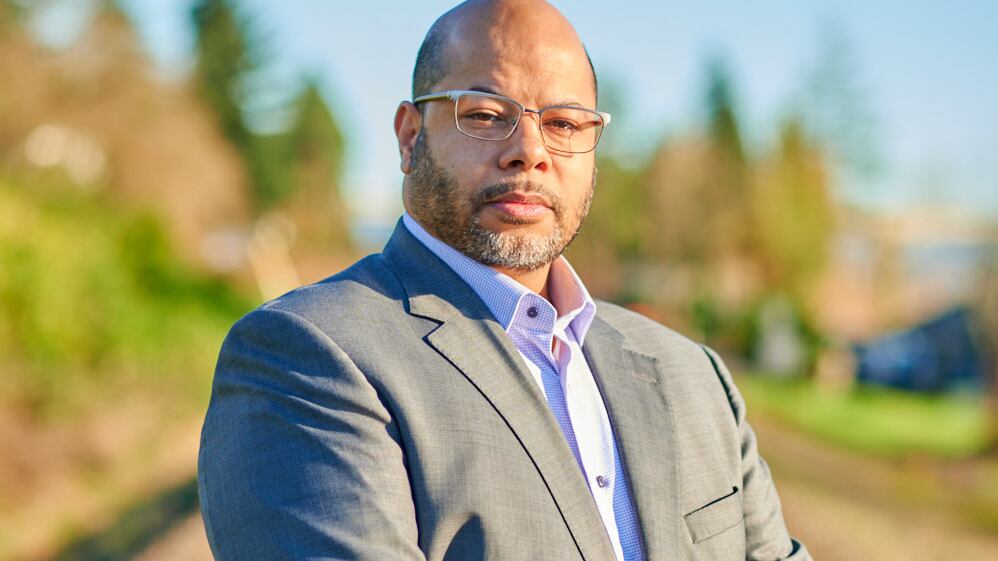The “limited duration employees” Multnomah County hired to supplement its workforce during the pandemic won a victory last week: the same bonuses already awarded to full-time county staff.
On Jan. 12, WW reported that although the limited duration employees worked the same hours for the same pay as full-time employees and were also represented by the American Federation of State, County and Municipal Employees union, they did not receive a one-time, $500 payment that their full-time colleagues received late last year, nor did they get stipends of up to $40 a month to cover internet service at home.
The limited duration employees, many of whom are people of color or were hired for culturally specific knowledge or language skills, complained to county commissioners about their disparate treatment in a Jan. 3 letter.
Jesse Hyatt, one of the limited duration employees, said he and his colleagues thought the county’s failure to pay them the stipends others got was inconsistent with the county’s commitment to equity.
“We are all very frustrated,” Hyatt told WW. “Given the circumstances, we’re being treated like second-class citizens.”
Later, on the same day WW’s story came out, the county reached an agreement with AFSCME that will result in the limited duration employees getting the same extra compensation as their full-time peers.
“As a result, all limited duration employees represented by AFSCME will be eligible for the one-time $500 equipment stipend (after one year in the limited duration appointment) and, when applicable, the monthly utility stipend of $20 for hybrid workers (who telework 50% or more and don’t have a desk assigned at a county building) or $40 for routine teleworkers (who telework 100% of the time),” county spokeswoman Julie Sullivan-Springhetti says.
(The county has about 6,000 full-time employees. The Multnomah County Health Department hired about 115 limited duration staff to help in various ways with COVID-19 response. Some of them have since moved to full-time status.)
Hyatt, who is also executive director of the Black American Chamber of Commerce, says he applauds the county for doing the right thing but wishes officials had agreed to make the payments without being pressured.
“While some may herald this as a win for diversity equity and inclusion, DEI can’t just be measured by ticks in a column, but instead by movement towards policies that from inception focus on inclusion versus exclusion,” Hyatt says. “I hope to see future policies, and the leaders that guide those policies, truly embrace the type of outcomes we saw today, without the need for advocacy. That is a county to be proud of.”

